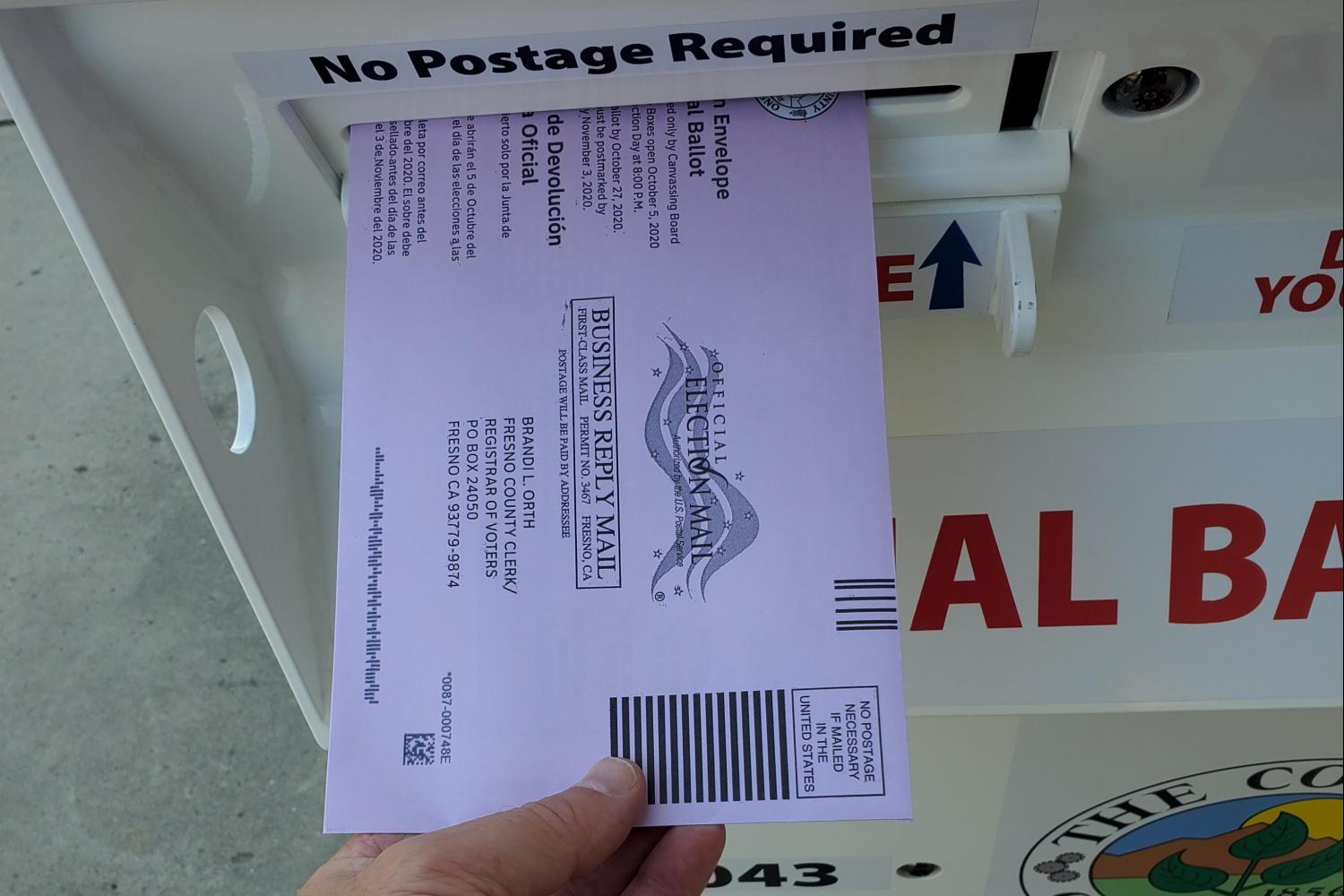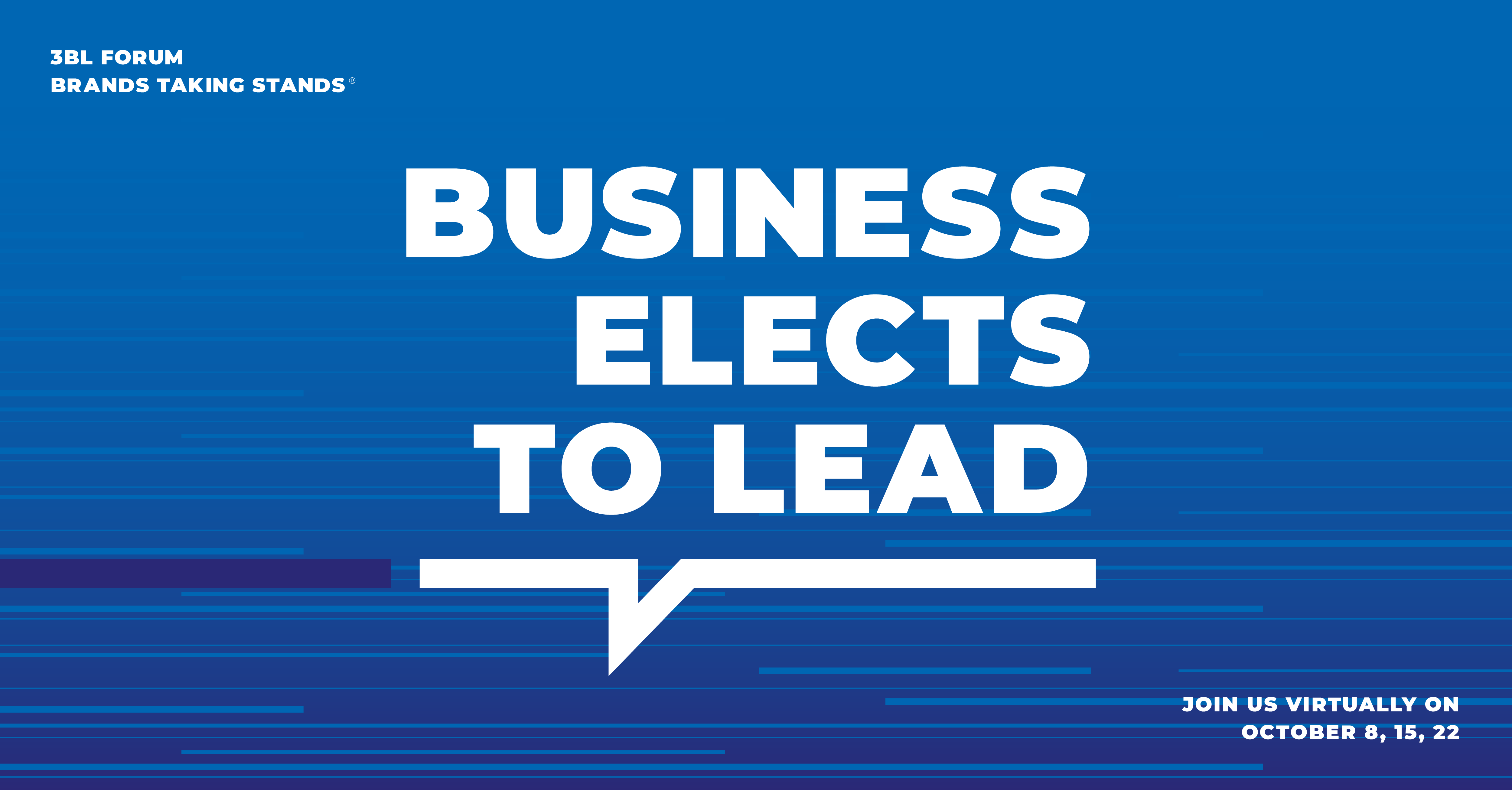
We’ve seen business and employee activism during this year’s U.S. elections at a level unmatched in history. True, we saw rumblings during the 2018 midterm election cycle, and that year witnessed an intensity of activism previously unseen. This year, we’ve seen far more companies push for voting rights and pull out the stops to get out the vote. And various business groups, which have pledged to be nonpartisan, have certainly played a huge role in the weeks leading up to the Nov. 3 election.
[Editor's note: Be sure to sign up for the weekly Brands Taking Stands newsletter, which arrives in your inbox every Wednesday.]
Some critics, however, insist unprecedented times require unprecedented action — and argue business leaders, for the most part, aren’t meeting the moment.
One of them is Bennett Freeman, a consultant for multinational corporations on international labor and human rights. Writing for Fortune, Freeman agreed that recent statements and moves are unprecedented, but he insists business leaders aren’t moving the needle far enough. Their actions, he says, are sorely lacking for two reasons.
First, such statements haven’t gone far enough to call for a peaceful transfer of power, assuming the election ends up with results closer than current polls indicate. Noting that the current U.S. president, vice president and Supreme Court justice nominee have declined to commit or support such a transition, Freeman wrote: “The turmoil that would befall the country, let alone the economy and the financial markets, in such a situation would be a nightmare that should concentrate the minds of business leaders regardless of party or ideology.”
Second, while we’ve seen the usual suspects — or brands that already have a record of political activism — come out strongly to ensure anyone who is eligible to vote in the upcoming election can do so, America’s largest companies have been relatively silent. True, some large companies like Gap Inc.’s Old Navy, as well as Starbucks, have taken measures unthinkable four years ago, but CEOs of companies within the Fortune 500 ranks for the most part have been silent. Freeman is unimpressed:
“The most prominent business leaders should lend their names and weight to this declaration — and better yet, extend its scope to address the imperative of the peaceful transfer of power, if the outcome produces a change in administration, as well as the integrity of the election itself.”
Freeman specifically called out the Business Roundtable, noting the group has been vocal in redefining corporate purpose. “Its purpose must now extend to the defense of American democracy itself,” he insisted.
Corporate America has long professed to be apolitical, even as companies' lobbying budgets and political contributions have stated otherwise. But Freeman suggests this playbook no longer applies. “Speaking out to avoid a fatal crash for American democracy is their responsibility too,” he added. “Meeting this responsibility would be an act of no-nonsense nonpartisanship.”
While we’re on the topic of the U.S. elections, we’ll spend much of the final episode of the 3BL Virtual Forum, this Thursday, Oct. 22 at Noon ET/9 a.m. PT, on how companies are doing their part to ensure everyone who’s eligible to vote in the upcoming U.S. elections can cast their ballots. Register if you haven’t already — we are presenting this event at no cost.

Image credit: Leon Kaye

Leon Kaye has written for 3p since 2010 and become executive editor in 2018. His previous work includes writing for the Guardian as well as other online and print publications. In addition, he's worked in sales executive roles within technology and financial research companies, as well as for a public relations firm, for which he consulted with one of the globe’s leading sustainability initiatives. Currently living in Central California, he’s traveled to 70-plus countries and has lived and worked in South Korea, the United Arab Emirates and Uruguay.
Leon’s an alum of Fresno State, the University of Maryland, Baltimore County and the University of Southern California's Marshall Business School. He enjoys traveling abroad as well as exploring California’s Central Coast and the Sierra Nevadas.














